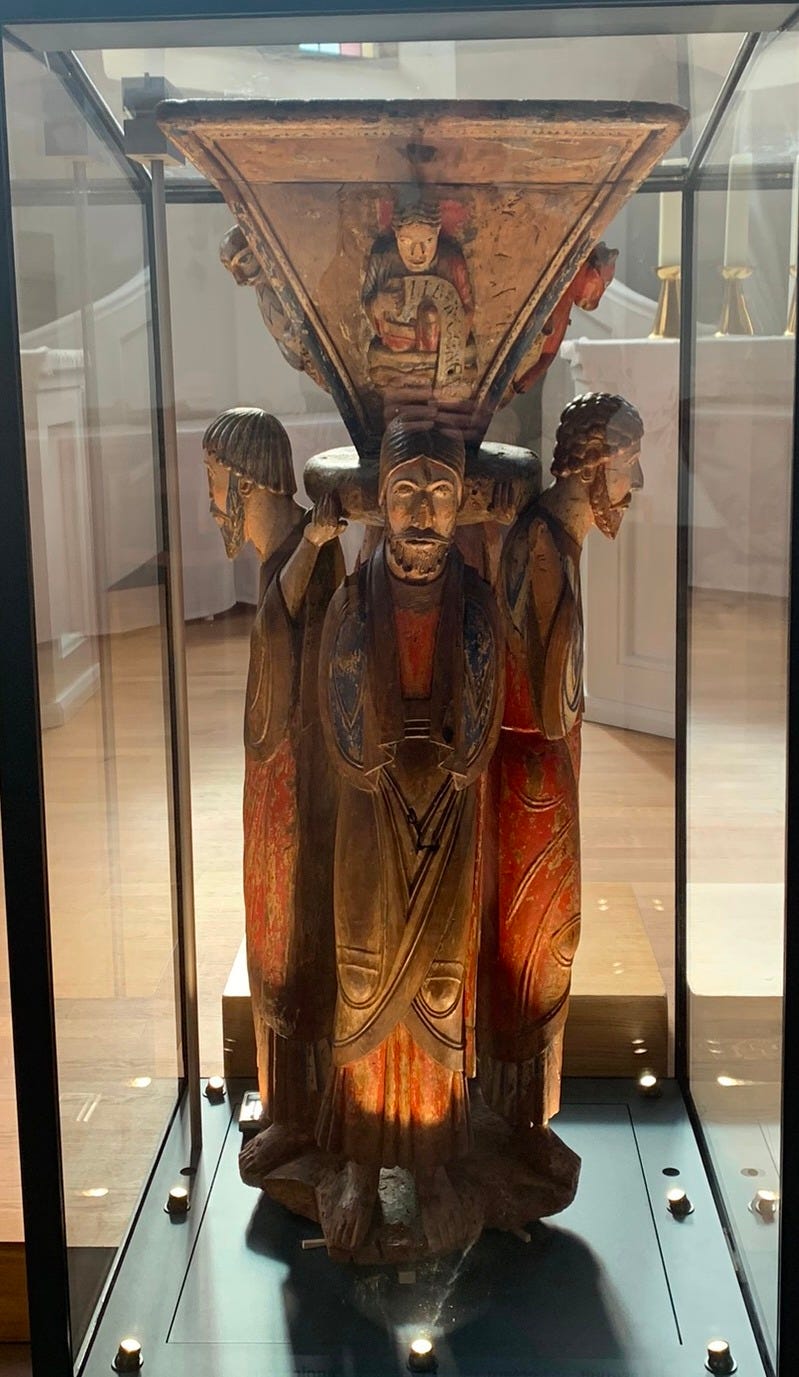081 - On why remembering and grieving is a human thing.
Welcome back! (or welcome!)
A couple weeks ago, I opened up a survey for people who subscribe to this newsletter. I wanted to know a little more about what you would find helpful.
(I’m leaving that survey open for now. It’s a way to know what matters to you.)
One question is, “What do you need me to write about?”
I’ll be using your answers as a prompt for some writing here.
Including this week’s writing.
+++
A person’s not something to get over.
Forgive me if you've covered this, but maybe the hard days that happen even years after a significant loss when everyone thinks you've gotten on with things. I feel as though the friends of people in those situations have a kneejerk reaction: "Still? Really? I can't believe they haven't found a way to move on." If I am kind, I think some of this is rooted in not wanting the person to be in pain. But it is also rooted in not understanding that there are days when grief comes out of nowhere and stabs you in the heart.
(I’m not sure whether or not I’ve talked about this. I’m realizing that I’ve written about so many things and haven’t made it easy for you or me to find those things. I’ll work on that.)
The other week, I had the opportunity to sit with a group. One of the topics in the presentation that night was “triggers”. The video, and the people in the room, talked about seeing or hearing or smelling or touching something that brought tears or anger or other deep emotional responses.
Sometimes we talk about them as triggers. Or, as this writer says, “grief comes out of nowhere and stabs you in the heart.”
That night as I was listening, I realized that we often talk about these triggers as negatives. As if we are doing fine, and then something sets us off and we are doing not-fine. And we need to reset the trigger. And we need to get better.
I’m not sure that image is helpful. Because we are talking about humans being human. We’re talking about how we’ve been created.
We remember things. We remember what was. We remember what we wish was. We remember what might have been. Those aren’t triggers as bad things. Those are how we are.
God tells several people to pile up rocks so that people will see them and remember stories. The point of teaching is that people will remember. When we go visit a cemetery, we tell stories and remember. And the lectern from the 12th century with the four gospel writers from the first century found in a church bombed and rebuilt in the twentieth century suggests that remembering and retelling stories, with visual reminders, is part of being human.
When, on a Saturday afternoon in October we are raking leaves, we may suddenly remember a moment fifty years earlier. We’re raking leaves, then getting ready for the high school football game where we will be playing our sousaphone in the marching band, and then we remember our dad, and we choke up. It’s not because we were triggered, or because we haven’t moved on. It’s because we’re built to remember all kinds of things.
And remembering human beings is a big deal. It matters.
In fact, it’s devastating when a person with dementia begins to forget people. They forget the stories, the relationships, the names. They forget to grieve. They can’t remember the deaths.
And we never say, “At last! She’s over that person.” Instead, we, the remembering, begin grieving the loss of this person, living but not remembering themselves.
I give you permission to be sad.
+++
In the early part of this newsletter, I wrote about what people wish others would have done to help.
Check it out: 031 - Being helpful in loss - an update
+++
Next week I’ll talk about habit and grieving, or something else. (Take the survey if you have suggestions!)
Thanks for reading and responding and sharing (and buying coffee to support this work).
Jon





